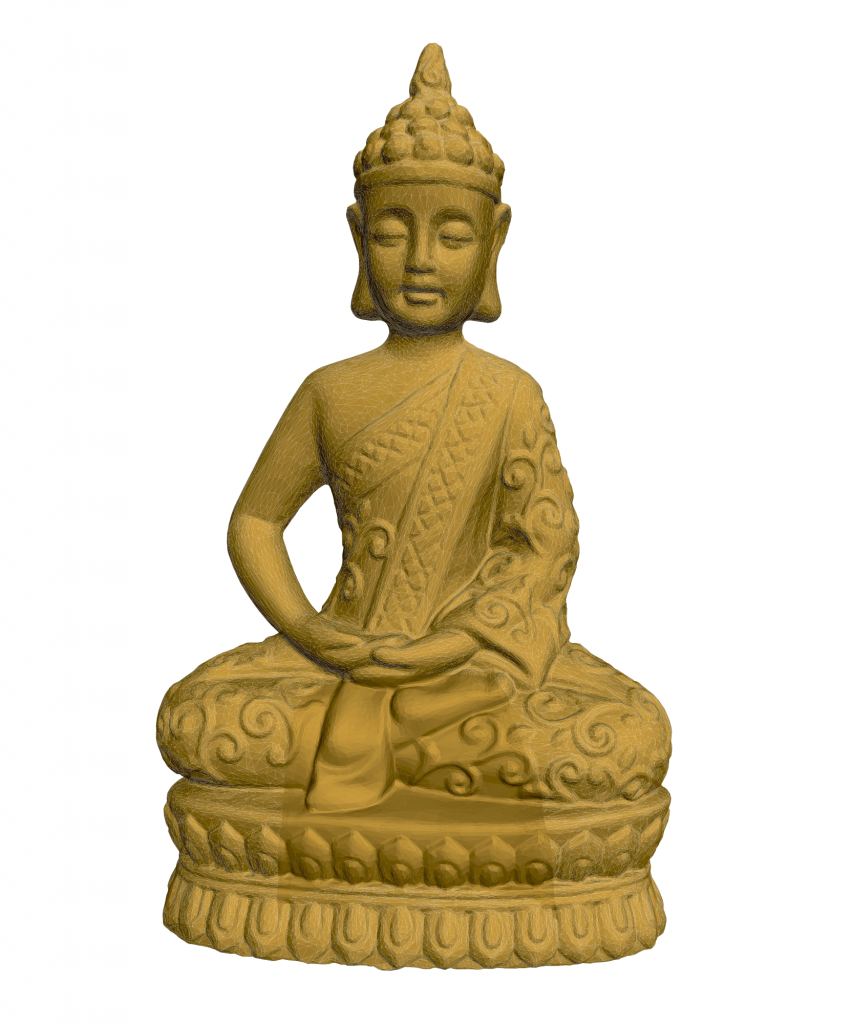Interfaith Harmony Week: A Buddhist Reflection
More
2020-02-06
Country: United States
City:
City:
Organizer
The Interfaith Peace Project
Location
640 Bailey Road #301 Pittsburg, CA 94565
Email

More
2020-02-06
Organizer
The Interfaith Peace Project
Location
640 Bailey Road #301 Pittsburg, CA 94565
